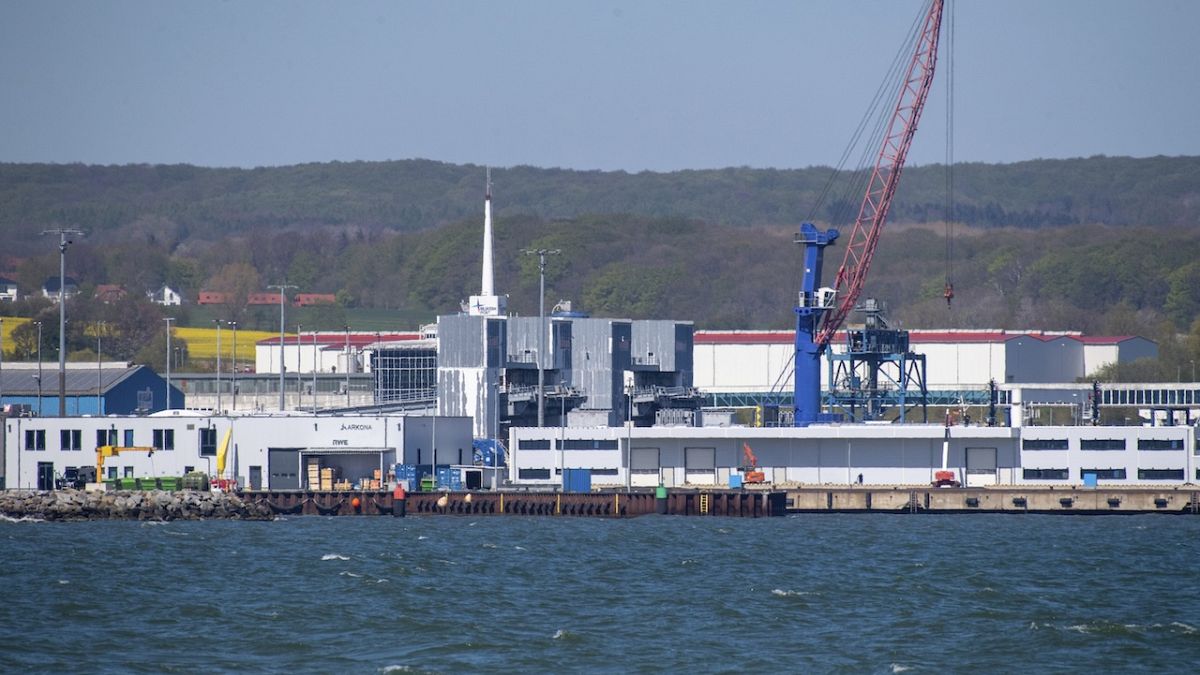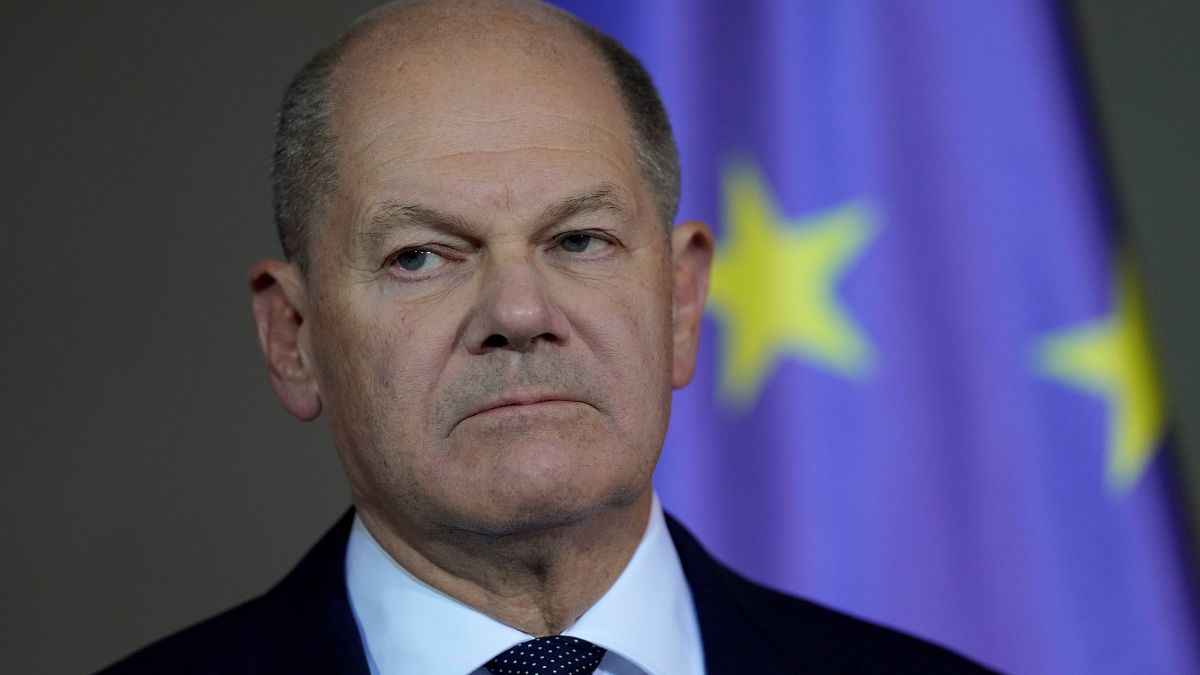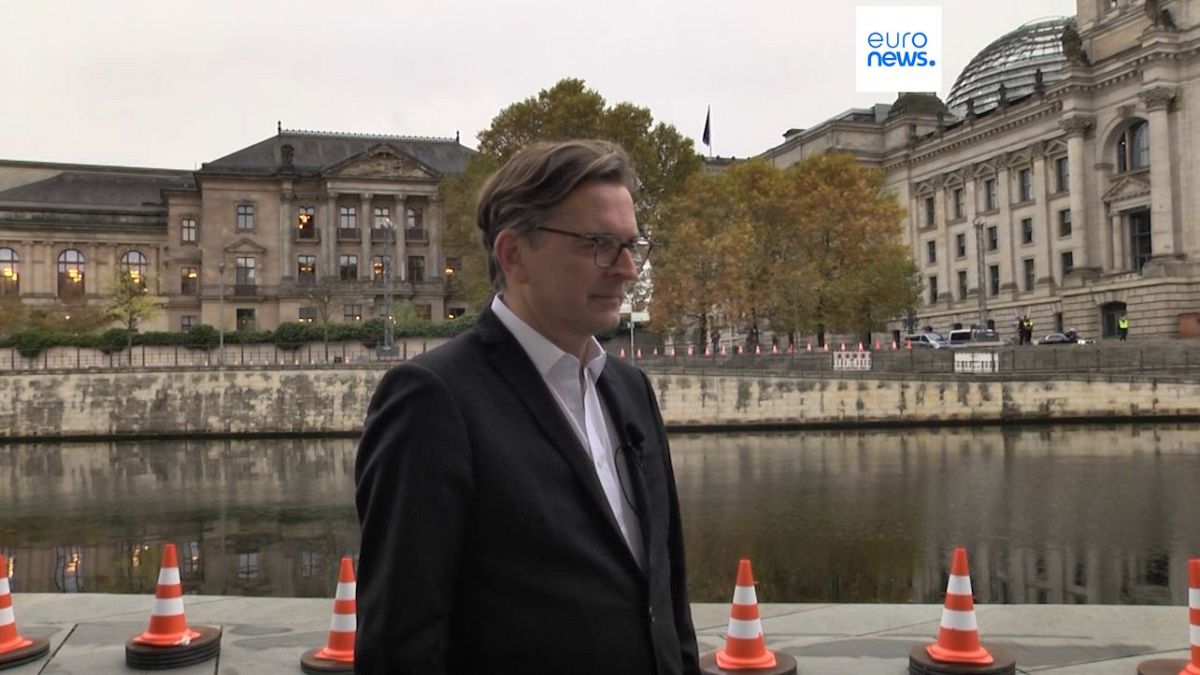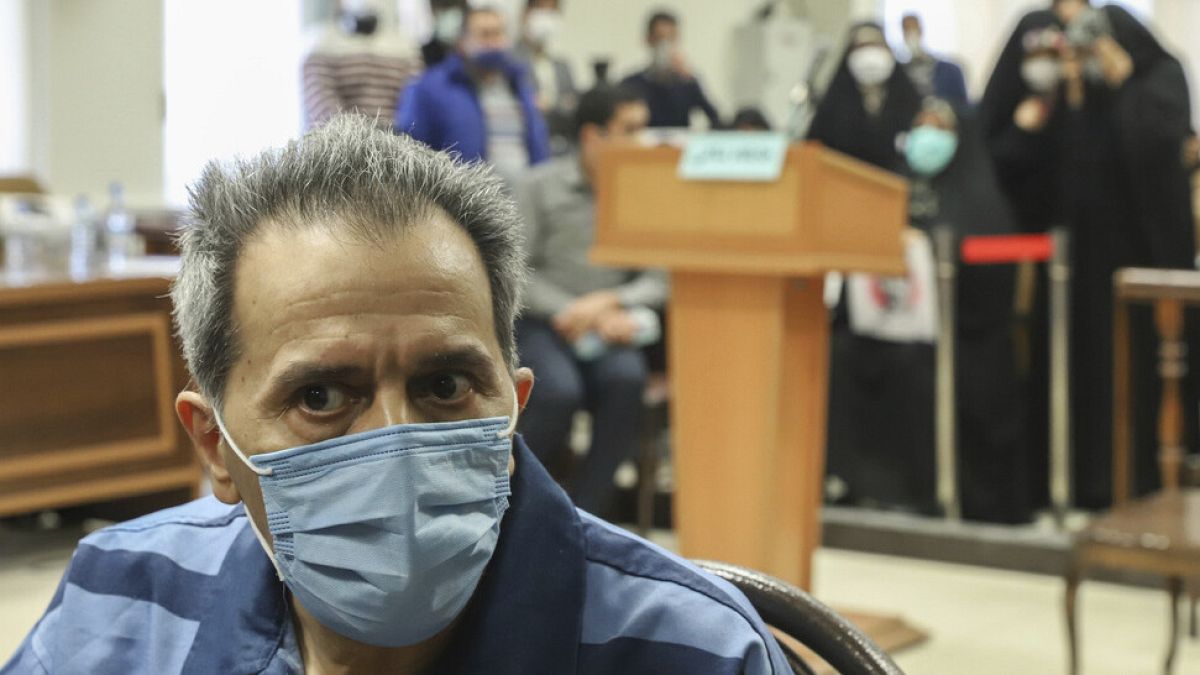Berlin’s new culture budget more than double England’s arts spending
Last week Berlin’s Senator for Culture announced a massive amount of funding for the art institutions in Germany’s capital, putting the city’s financial support to culture in stark contrast with the UK.
In 2024, Berlin will increase its culture funding to €947 million, announced Joe Chialo, the State Minister for Culture and Social Cohesion. Chialo has promised to raise that figure to €1 billion for 2025.
It’s an incredible amount of money for a state to fund the arts in just one city, up €13 million from this year’s budget. Projects that will benefit include the renovation of the Komische Oper, one of Berlin’s major opera companies, as well as funds for museums, exhibitions, memorial sites, drama schools and theatres.
Arts funding in Germany
Chialo made headlines when he took charge of Berlin’s culture sector in 2023 due to his prior career as a singer in a metal band. His commitment to the arts will see Berlin the city add 500 culture spaces to its already impressive 2,000 strong roster. The goal is to double the number of state-owned culture spaces by 2030.
As inflation and cost-of-living crises threaten culture across Europe, Chialo has made his commitment to fighting for the arts “in order to continue to ensure excellence in the future.”
The German state has been a particularly impressive bastion for funding the arts in Europe for some time. Last year, the government announced the Kulturpass, a scheme that would give every German €200 to spend on cultural goods, experiences and events when they turn 18.
The intention is to rejuvenate youth interest in culture after spending their formative years stuck indoors due to the COVID-19 pandemic.
At a national level, the German Federal budget for culture and media grew from €2.1 billion to €2.4 billion last year, an increase of around €94 million.
By comparison, budgets for the arts in other countries can look paltry.
Germany compared to the UK
The UK’s funding for culture is comparatively dire when looking at Germany’s figures. In a Tweet reacting to the news of Berlin’s 2024 budget, editor of Art Professional and researcher at Queen Mary University of London, Ruth Hogarth noted that the Berlin budget was over double that for the entirety of England.
“The city of Berlin’s culture budget (population 7m) for 2024 has been set at €947m. The whole of England’s culture budget (population 57m) for 2024 is £458.5m,” Hogarth wrote. “I know there’s lottery and local authority funding on top, but it doesn’t add up to anything like the per capita spend.”
It’s a damning indictment of the situation for cultural institutions in the UK. Arts Council England (ACE), the non-departmental public body of the government’s Department for Culture, Media and Sport lists the annual budgets for the arts as follows: £458.5 million for the national portfolio organisations; £116.8 million for National Lottery funding grants; £14.4 million for National Lottery funded development grants; and £50 million for Arts Council Development funds.
Hogarth is right to point out that although these aren’t insignificant numbers, the amount that England puts aside for its entire country’s state-funded arts is far off the mark of what Germany provides for just its capital city.
ACE came under fire last year when it announced the latest funding round for its National Portfolio of Organisations (NPOs). Overall funding was increased for many arts organisations outside of London in a bid to grow the sector beyond the capital. However, the allocation was criticised for hanging many of the country’s best arts institutions out to dry as they struggle to thrive in one of the world’s most expensive cities.
Cuts to the English National Opera were particularly noted at the time. But other organisations, including Hampstead Theatre and Donmar Warehouse — both champions of new writers — were cut from the NPO list.
Rip-off Britain
The UK’s general attitude to the arts sector led by the ruling Conservative government feels hostile. Prime Minister Rishi Sunak last week announced a crackdown on “rip-off university degrees”. While ostensibly a policy to improve graduate chances of higher salaries, Sunak’s policy is a transparent attack on the arts as it isn’t enough of a profit driver for the economy.
As usual with Conservative policy making towards the arts, little thought is given for the concept that culture has a value of its own separate from cash. Nor is there the reflective nous to suggest actually funding the arts to generate more income, following the Berlin principle. For now, the UK straggles behind its Germanic peer.
Source: Euro News















